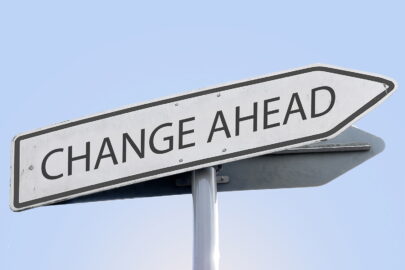December 2015 saw the average house purchase deposit surpass £80,000, according to the National Mortgage Index from Mortgage Advice Bureau.
This is the highest figure recorded by the Index since it began in January 2009 and the firm says this reflects the impact of rising house prices as well as changes in borrower behaviour.
The typical purchase deposit rose by 15.0% annually to reach £81,721 in December. This is the greatest year-on-year increase in average deposits since the Index began. At the same time, the average purchase price for a property in December rose to £252,990 from £231,487 one year earlier: a 9.3% annual increase.
Borrower behaviour also played a role in rising average deposits. The typical buyer’s loan-to-value (LTV) fell to 68.2% in December, representing an annual decrease of 1.1 percentage points. This is the lowest LTV seen since June 2010, and shows borrowers are shouldering more of the cost of their house purchase themselves.
Brian Murphy, head of lending at Mortgage Advice Bureau, said: “An inevitable repercussion of rising house prices is that higher deposits are required. Those who cannot afford to put up more may find their choice of properties limited. However, those who were able to make a house purchase in December opted to pay a larger amount upfront by taking out a loan with a lower LTV. There are significant benefits to borrowing a smaller proportion of the purchase price, as rates and monthly repayments will be lower.
“Demand in the housing market is yet to come off the boil, despite the current dearth in property supply. As a result house prices are likely to continue rising this year, bringing about affordability concerns which will particularly affect first-time buyers. A significant boost to the construction of new homes is needed to prevent some buyers being priced out of the property market.”
As deposit sizes rose, December marked the third consecutive month of worsening affordability based on the average purchase buyer’s income as a percentage of property prices. This proportion stood at 15.3% in December following a 2.0 percentage point annual decline from 17.3% in December 2014, as house price growth overtook average salary increases.
Mortgage Advice Bureau recorded a 2.9% fall in the average salary of homebuyers from £39,983 in December 2014 to £38,820 last month. In contrast, house prices rose by 9.3% from £231,487 to £252,990 over the same period.
Murphy added: “The fall in average salaries over the past year suggests those with slightly lower incomes are still able to access the housing market, despite the significant rise in house prices. This has been helped by rock bottom mortgage rates, which have fallen steadily over the past year. However, these low rates won’t last forever, and if prices continue to rise faster than wages those with lower incomes may find it more of a challenge to become homeowners.
“Government initiatives such as more affordable housing and the Help to Buy schemes go some way in helping those who are finding it difficult to fund a house purchase. However, income and house price growth needs to be more aligned to make homeownership a more realistic dream.”
